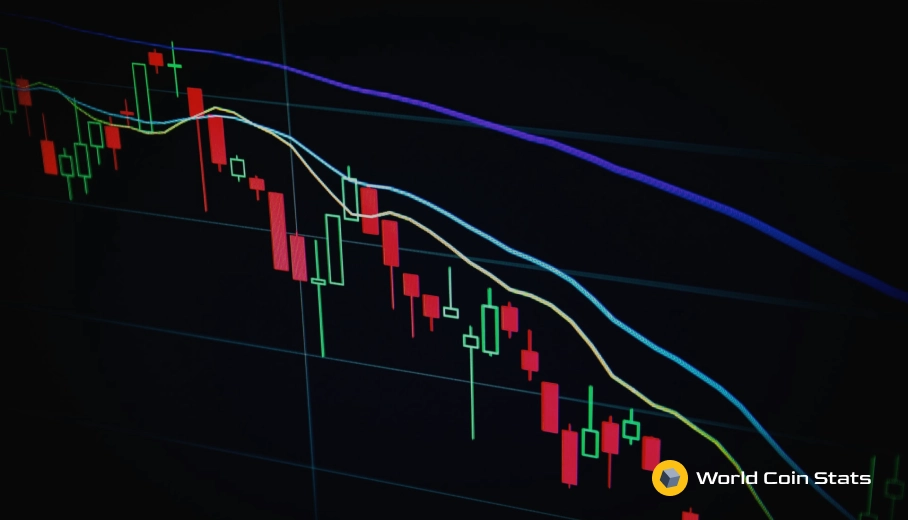GBP/USD Pair Weakens a Boris Prohibits Extending Brexit Transition
LONDON, U.K. – The Sterling is staying on the back foot against the greenback following the U.K. Prime Minister Boris Johnson started the process of legally vetoing any extension for the transition period of Brexit beyond 2020.
The Withdrawal Agreement Bill (WAB), passed in the Parliament for its first round of hearing on Friday, and the Queen expected to rectify the bill on January 9, 2020.
Despite the decreasing uncertainty of the market regarding Brexit, after the U.K. general elections, which led Conservatives into the majority of the seats. The recent move of the Prime Minister did not help the British pound on Friday, the overall sentiments in the market.
Most are concerned with the approach that the Prime Minister has taken as it opens risks of creating a new cliff edge for Brexit. Most likely, it will include more negotiations for the U.K. regarding its future trade deals with the E.U. under a year or the responsibilities of the U.K. to trading with Europe on the terms of WTO (World Trade Organization), meaning more bureaucracy and tariffs might be in the future.
The tight deadline set also poses risks to the weakening of the economy of the U.K. in 2020, which is pulling the pound down as well.
Meanwhile, the Gross Domestic Product of the U.K. was published yesterday, showing a 0.1% increase than the 0.4% previously expected in the 3rd quarter for July to September.
Compared to 2018, the U.K. economy has also advanced by around 1.1% this year, also marginally higher than the predicted 1.0%. The Business investment rate of the U.K. also inched higher by 0.5% for 2019, rather than going down by 0.6%, which was previously expected.
The recent data on the United Kingdom’s economy shows that many British companies are starting to buy new technology and equipment despite the ongoing uncertainty and tensions regarding Brexit.
Furthermore, the result for the U.K. election last week was expected, a majority win for the Conservatives party led by Prime Minister Boris Johnson.
The U.K. market is also largely focused at Andrew Bailey, the chief of the Financial Conduit Authority, as he takes the position as the Governor of the Bank of England, replacing Mark Carney starting March 16, 2020.
Recently, the Bank of England has finalized its decision to keep the current 0.75% interest rate unchanged despite two members voting for a rate cut. Meanwhile, the opinion of the incoming Governor regarding the monetary policy in the U.K. is still unknown.
Elsewhere, the global market awaits on more key economic data publications scheduled for next week, with the U.S. set to publish its Novembers’ durable goods orders on Monday, followed by the initial jobless claims on Thursday.




